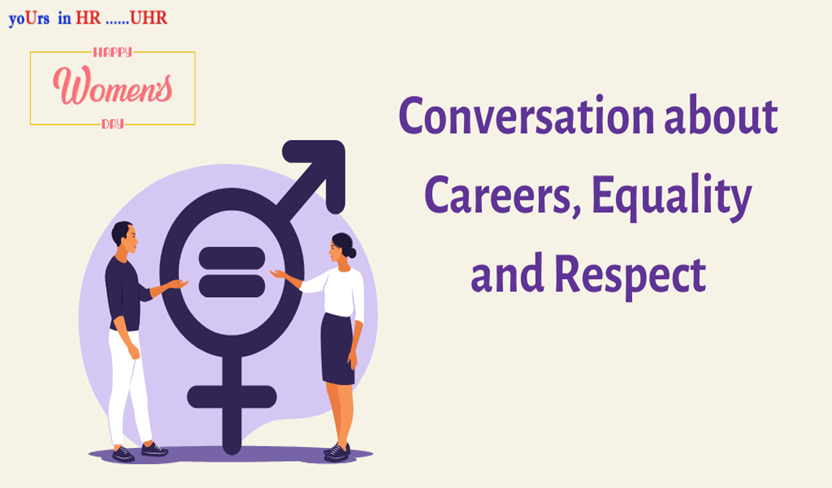
Have you ever felt that no matter what you do, someone always ends up getting disappointed? And then you end up feeling like you are always wrong? No matter how many perspectives you take into consideration, pleasing everyone is a next to impossible task, and at some point, the steady inflow of disapprovals and disappointments get to us.
Meena was going through something like this.
‘I tried to take all perspectives but…’
Meena trailed off with this sentence, into a dejected mood. She was conversing with her friend Supriya, someone who she saw as not just a senior colleague but also a mentor.
Meena continued, ‘I try to take everyone’s perspectives in mind while making important decisions, but nothing seems to please anyone. At work, I consider the perspectives of my colleagues, team-mates and better experienced seniors. But sometimes, pleasing one group ends up making the other group feel disrespected. And then I feel they are disappointed in me and I am left feeling wrong in my decision.
‘At home, I try to take into consideration the perspective of my husband, in-laws and kids. Same story there. One person may like what I do, and someone else may not like the outcome. I end up feeling like I am always taking the wrong decision.’
Supriya listened to her carefully and thought about it carefully. Then she asked,
‘Do you always only take other perspectives into consideration, or do you ultimately listen to your self?’
Meena’s gloom cleared up as she thought and recollected hard, and she said ‘I do take other perspectives into consideration but ultimately, I do what feels right to me…’
‘There you said it!’ Chimed Supriya barely as Meena finished her sentence, and continued,
‘Dear Meena the story you are telling yourself needs to change. Rather than telling yourself that what you do always ends up being criticised by someone and how you end up feeling wrong, maybe you can tell yourself that you ultimately listen to your inner truth. After taking everyone’s perspectives and weighing them, if you yourself do what feels right to you, and the outcome is the most sensible and the best from what can be made, how is that a wrong decision? You do what feels right to you, and how can that be wrong?’
A calm, knowing smile came on Meena’s face as she was finally feeling the confidence that she had lost.
Often many of us, especially many women tend to try to please everyone. We are afraid of disapprovals. We are scared of disappointing people.
But is pleasing people more valuable than sticking to our core values?
Listening to one’s inner truth -and trust us, this inner truth is most of the times telling you the right answer- ultimately leads to an outcome that is right for everyone. Perhaps the immediate results may take a while to show up.
Think about it. How many times have we taken a turn at the last moment, and realised that this was indeed the best direction to go into?
How many times have we hesitated before taking a decision, and if we went ahead with it, we have realised that we should have listened to our intuition that showed up through that hesitation?
How many times have ignored our inner truth and wished ‘I should have listened to my first instinct only!’ When we encounter anything that needs a decision, whether it’s going ahead with a task, or whether it’s about networking, or whether it’s about the need to think about a next step, our inner truth mostly tells us the exact thing we need to do. We know almost automatically that what is it that aligns with our core values, and what is it that doesn’t.
Our inner truth made up of our core values guides us constantly, and the beautiful thing is that the more we listen to it, the more we learn how to listen to it better.
Listening to our inner truth enables us to live our life authentically. Man or woman, we all have had the experience of just knowing something should or shouldn’t be done, no matter how much approval we take from others. Respecting this knowledge from within the self, enables us to build solid foundations for an authentically lived life. A life that does what feels right, respecting its core values and isn’t swayed by short-term disapprovals and disagreements from outside.
Note that this is not to say we can never be wrong. Being open to and respecting other perspectives is great. But what about being open to and respecting your own perspective? In a world that trains us to seek approval and literal and metaphorical certificates from others, not disappointing our inner self that knows the inner truth, and nurturing it should be high up on our priority.
This Women’s Day onwards, let us channelise and nurture that shakti, the super-power within us to live our lives authentically without fear of disappointments or disapprovals, and resolve to always listen to that inner truth within us.


